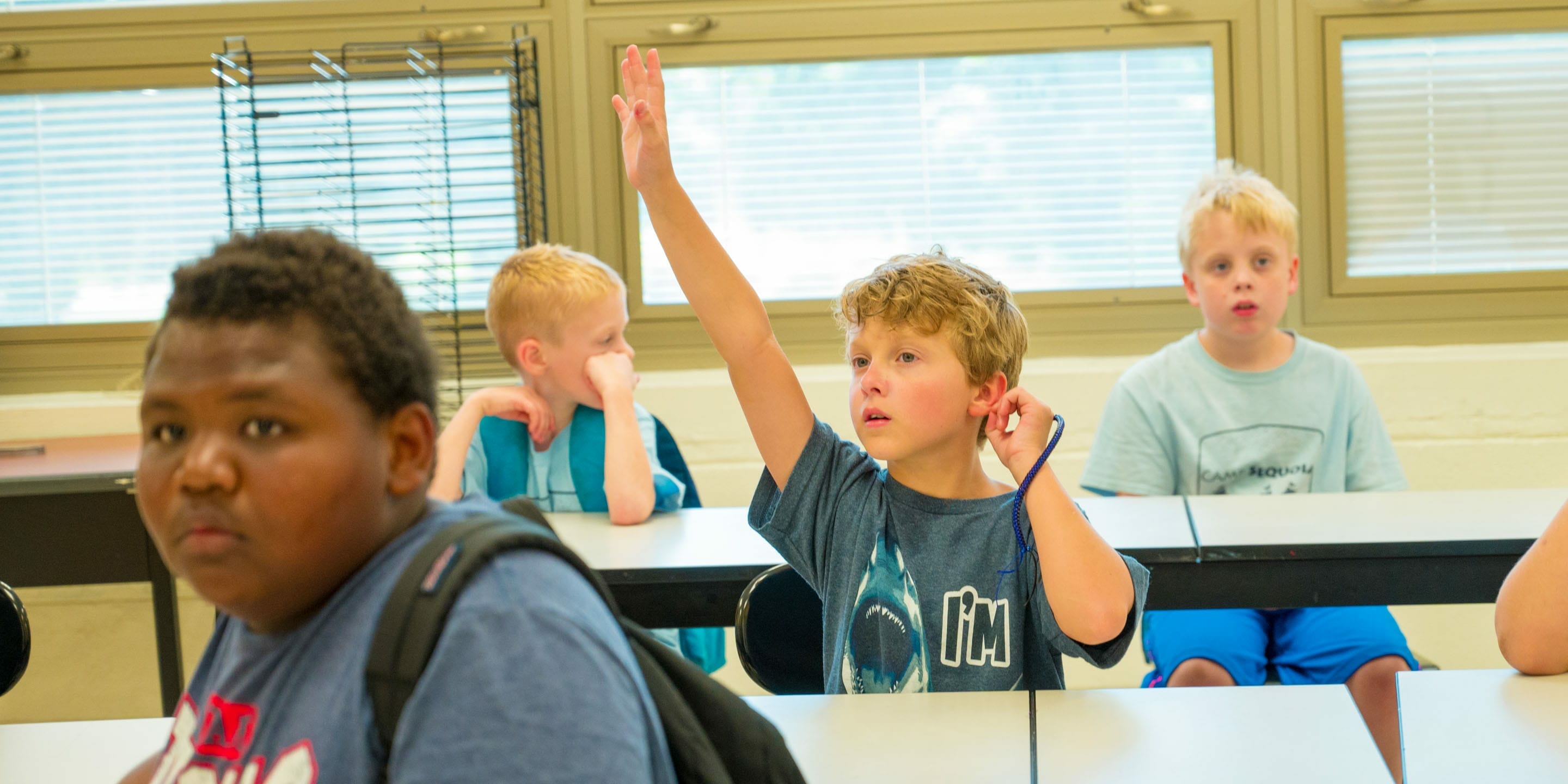

Just like any skill, children vary widely in how well they are able to form friendships and gain peer acceptance. For children with ADHD or a similar diagnosis, social skills can be the hardest subject to understand in school. And social missteps, just like a bad grade on a test, can greatly impact academic performance and overall happiness.
Good social skills require good communication skills – both verbal and non-verbal. Frustrated by the lack of understanding from peers, or lacking the ability to “fit in,” many children often need to resort to temper tantrums to communicate their emotions. By identifying and strengthening the verbal and non-verbal social skills that many people take for granted, children can gradually improve how we relate to and are understood by others.
Children with ADHD and similar diagnosis (including 2e or twice exceptional) kids can set themselves up for academic success by practicing the skills socially to foster meaningful peer relationships, confidence, and social resiliency both in and outside of the classroom.
Camp Sequoia’s 3 Tips for Developing Social Skills
1) Play “Collective Win” Games
Unlike traditional board games where participants compete against each other and only have one winner, collective win games (MENSA recommends games such as Forbidden Island) allow players to work together to problem-solve and overcome challenges where everyone can win as a group. These types of shared success games are great for helping reinforce positive social experiences without the stress of individually winning and losing a game.
2) Model & Practice Social Interactions
Modeling and practicing conversations with children, even short ones with frequent breaks, can help create a pattern of successful interactions with others. This serves to build social confidence in small doses and allows for kids to develop a wider circle of friends.
Many times, children with ADHD come on too strong, or are unable to read social cues and recalibrate. This often stems from a natural curiosity about the world around them and a focused, singular pursuit of very specialized, niche information. For example, a 5th grader who knows all of the planes of World War II or a high school student who is fascinated by the intersection of finance and exploration of mining near earth asteroids.
For students possessing this highly-specialized knowledge, social success means that students are able to take breaks from their own interests to recognize that others may not share their interests to the same degree. Learning to have a bi-directional conversation or a conversation that includes both their own interests and their friend’s, is a skill that we can help children get better at.
Much like parallel play is a step in the continual growth process, a similar growth happens with conversational patterns in which students can understand that meaningful conversations are a collaborative process.
3) Recognize Good Ideas in Bad Packaging
Good ideas are often dismissed because of the way they are presented. If parents and teachers learn to recognize a good idea that may be presented in an awkward way, they can use it as a teachable moment.
Students with ADHD frequently come up with innovative inventions and planned solutions to global problems – but often exhibit low frustration-tolerance when his or her ideas didn’t fit the cookie-cutter profile of standardized tests. With an inquiry-based setting, a student’s natural desire for questioning and problem-solving drive the learning process. Students often find that they are able to articulate several good ideas on water filtration and alternative energy for remote locations by designing and building, tapping into his or her kinesthetic intelligence that doesn’t translate well to multiple choice, close-ended testing instructions.
Are you a teacher? Learn more from the A.D.D. resource center to help ensure that your child’s classroom is set up as the least-restrictive environment to set them up for success.
